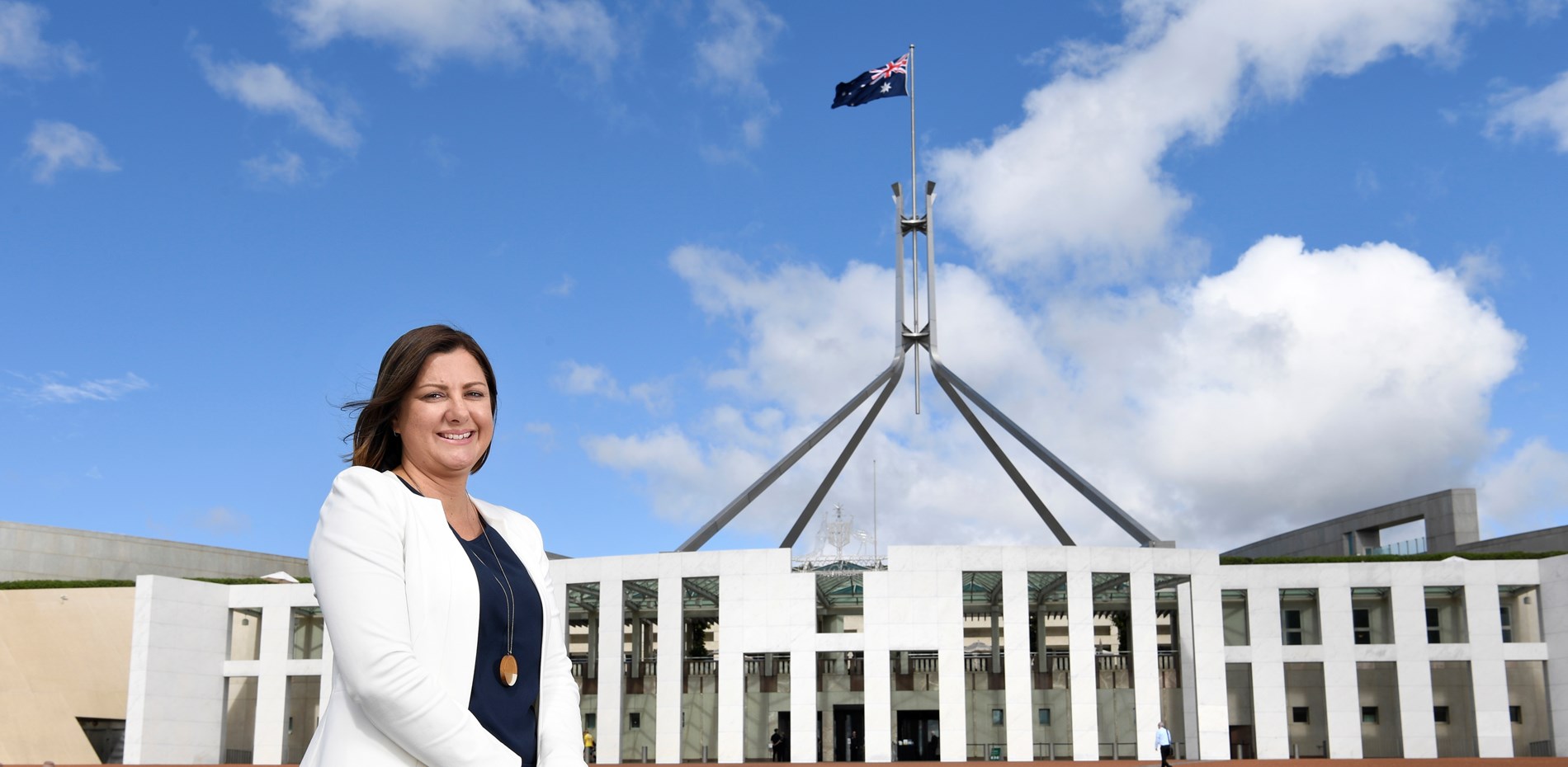I rise today in support of the motion moved by my good friend and colleague Susan Templeman, the member for Macquarie. My electorate—like those of Susan, Fiona, Ed, Meryl and many others in this place—has been hit very hard by concurrent natural disasters for years now. According to data from some of the local councils in my region, we've been impacted by at least 28 declared natural disasters over the last few years. In the Bega Valley, there have been 13 in the last three years, with eight of those being floods since February 2020. There have been six floods in Eurobodalla since July last year, three floods in Queanbeyan-Palerang Regional Council in the last year, three in the Snowy Valleys in the last year and a couple each in the Snowy Monaro and Yass Valley regions.
Every three to four months over the last few years, constituents in parts of my electorate have had to stop whatever they were doing and prepare for what was coming. They've had to sandbag properties and evacuate themselves and their livestock, often making painful decisions during evacuations about what to save and what to leave. And recently they have had to do all of that during a pandemic. These events take an immense toll on communities. Concurrent natural disasters have left us with no time to process the physical and mental toll that the events have on us. I regularly visit communities across my electorate that are still yet to recover from these disasters. Fires after floods after droughts after pandemic have meant that, when our communities are meant to be coming together, we have sometimes had to come apart.
The pain and the pressure that we've all been under for so many years are yet to be healed; yet some of our calls on this government have fallen on deaf ears. It was only two years ago that the government announced a $4 billion mitigation and recovery fund, which meant that $200 million a year was to be released for recovery and mitigation projects. Two years on, not a single dollar has been spent. In those two years, we've seen at least 20 declared natural disasters across the electorate of Eden-Monaro. We can only imagine what some of that money would have done in helping our communities. The announcement was great, but what we actually need is the follow-up, because our communities can't continue to be left behind and forgotten.
These local government regions do a lot with very little money. The national disaster recovery and relief time frames are too small to allow councils to actually get decent work done. The guidelines around them are too strict. What we know now, from all of these natural disasters, is that more assistance needs to be given to our local government areas. They are already pushed and have to scrape for every last cent. They only raise three per cent of taxation in Australia, yet they're responsible for over 85 per cent of infrastructure across Australia. When we see floods and fires, they're the people we're relying on to assist us to get our infrastructure back up and running.
In the Bega Valley, the upgrade of the Towamba and Burragate roads has long been a project held dear by many people and it's now in the process of being sealed. But, with this latest flooding disaster, all of the work that has gone into getting it sealed has now been washed away and they have to go back and start again with bank stabilisation before any of that sealing can take place. The member for Gilmore's talked about Araluen Road, which has had a number of landslides on it. We actually need to see work done, including on some of our major highways. The Snowy Mountains Highway over Brown Mountain has experienced landslips and is now only open two nights a week. For the other five nights of the week, it's closed for 12 hours. So let's see some money put in to major transport routes that actually allow people to get in and out. It was one of the only east-west corridors open for a small amount of time during the bushfires.
We have got communities that are struggling and businesses that are struggling. All of our regional communities are resilient—but, in some cases, they are over being resilient. They need some help, they need some extra money and they need this government to listen. We shouldn't have to be resilient out of necessity all the time.



